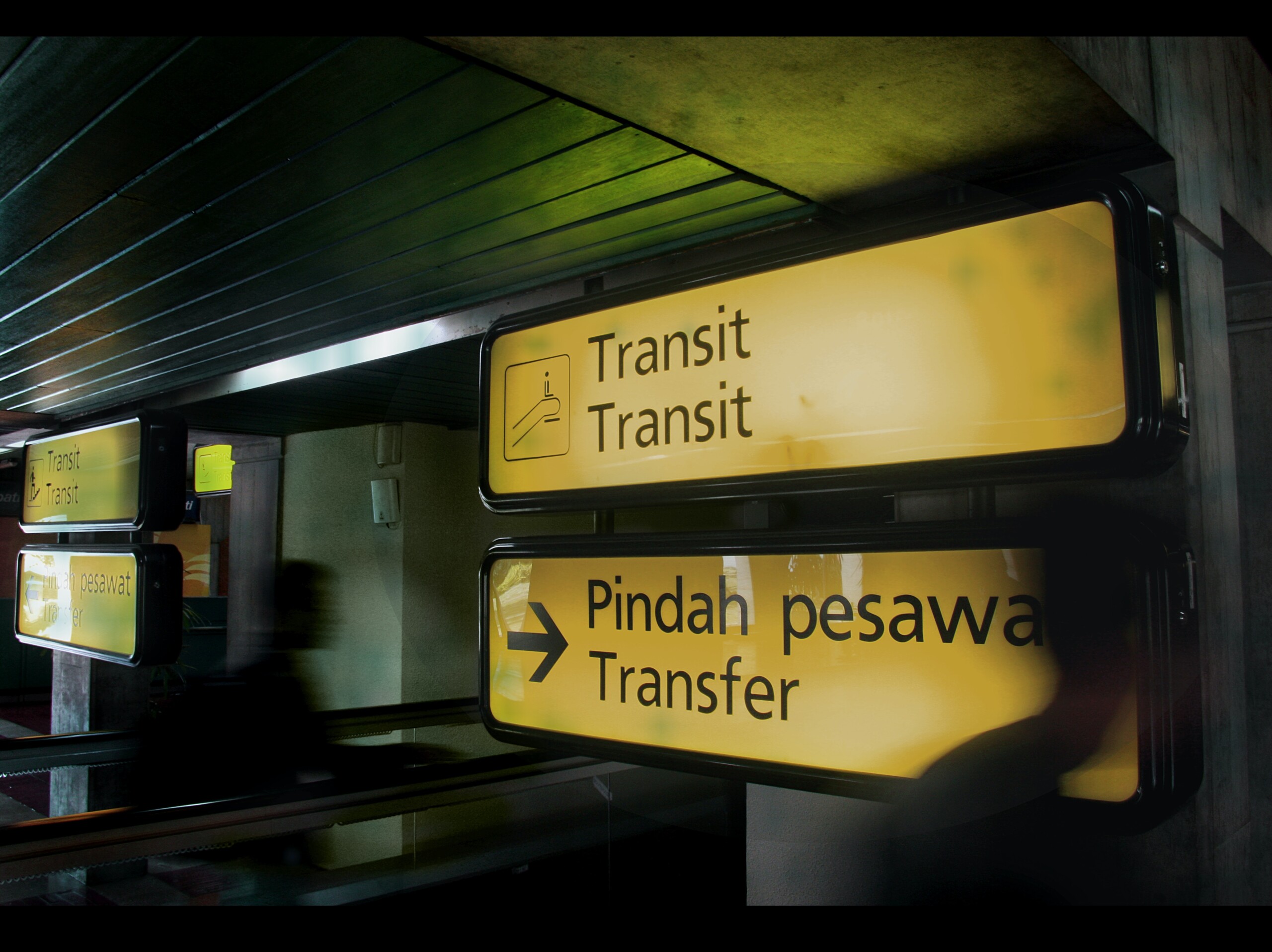You have made the decision to relocate in search of a better career opportunity. Because there are multiple options available, it can be difficult to choose a new place of establishment and making a life-changing decision is already stressful enough. Nowadays when it comes to immigration, there are a lot of possibilities when you are in search for a better job. It can be hard to keep the important factors at the top of your head. This article is here to offer guidance in terms of important factors you should consider besides the increased wage.
Consider the new community
International migration experts Micheline van Riemsdijk, Scott Basford, and Alana Burnham discussed the struggles “skilled migrants” could face in their everyday lives. Regardless of their privileged status, they need to adapt to cultural workplace norms and their daily lives are influenced by the host country. Immigrants need to gain a new set of “socio-cultural skills” that will help them integrate in the new environment. This set of skills can be developed by forming a reliable social network with other migrants as well as native-borns, who can help you to better understand the society you are coming into. Interactions like these are meaningful and can happen through colleagues, friends, romantic partners and by joining different organisations.
When making your decision, keep in mind the predominant political orientation the country you are immigrating to has. If you are looking into a more conservative country, consider the reluctance they might have towards minorities. There is a higher chance of an opposing attitude towards immigrants and minorities if the individuals of that country portray strong nationalistic traits. In order to form meaningful social relations within the new community, you need to get out of your comfort zone, and an accepting society will make that transition easier.
“The socio-cultural incorporation of skilled migrants remains largely the responsibility of the migrant”
You need to get out of your comfort zone and meet new people. Remember to keep in mind the values the individuals have in the host country. In the end, it is mainly your responsibility to reach out to others and form new connections. If they are congruent with yours, you will integrate in no time!
Consider the new culture
Another important factor is the new culture you are entering. In order to integrate, immigrants have to adopt the essence of another culture. Immigrants undergo the process of acculturation in order to integrate into the host-country’s environment.
Acculturation is effective cognitive, behavioural and emotional adjustments made in interaction with people with a different cultural background.
While this was initially defined by Berry, in today’s society his model of acculturation needs a more dynamic approach. The process of acculturation should focus on the interactions between individuals with different backgrounds, regardless of their immigrant status. In his model he assumes that migrants are consistently a minority and have to integrate in the dominant culture of the host country. Although it is predominantly correct, in recent years there has been an increase in cities with neighbourhoods where the immigrant groups outnumber the native-born. When choosing where to relocate, looking into the places where immigrants are not a secluded minority but rather widely accepted in society.

However, if you do not have this luxury of relocating in areas where migrants are not a minority, there are still ways of adapting to the new culture. A person can integrate the culture of the host country while not giving up their own. Separating from your own culture is neither healthy or realistic, therefore individuals can associate with both of them, being bicultural. A danger to biculturalism is that the individual might submerge in the dominant culture due to the stress of adhering to more than one culture. This process is called ‘assimilation perspective’ as presented by Dr. Maja Djundeva, who explains the importance of multiculturalism and its nuances.
“Differences of values and opinions can lead to conflict”
It is difficult to find the right balance between two or more cultures, but you should definitely not leave your culture behind in order to conform to the host country. Take this as an opportunity to enrich yourself with the culture of the new country and make sure it is something you would enjoy discovering. Keep in mind that the process of accommodation will be lengthy, so try choosing to relocate somewhere where you are drawn to the culture in order to ease your integration into their society. Let yourself be excited about the new opportunities the host country has to offer and think about what you can bring to the table in their culture as well!
Consider the new language
Last but not least, a very important factor to keep in mind is the language that is spoken in the respective country. This is a key factor for integration. Due to linguistic distance, it might become more difficult to learn the new language depending on your previous background. Fortunately, English is the most widely spread language of international circulation, therefore most people should be able to speak it. However, it is strongly recommended to learn the host country’s language.
“Being able to communicate in the host country language is one of the main drivers of successful economic and social integration of immigrants.”
Expert Ingo E. Isphording explains how increased language proficiency helps immigrants gain higher education and access to better jobs in the new country. The impact of language proficiency goes beyond how successful immigrants are economically. Advanced language skills significantly impact non-market outcomes like education, health, marriage, social integration, and political participation, in addition to assisting immigrants in integrating into the labour market. Even if you are able to communicate with most people in English, there is a better chance of you forming a stronger social network by speaking the native tongue of the host country. Besides that, another advantage is having a richer cultural experience and being able to participate in meaningful conversations with the locals.
Language proficiency helps with your socio-cultural integration into the host country. You should be aware of your ability of mastering the language by practising it before you choose the area you will relocate in. If you are confident in yourself, there is nothing you should worry about! Once you are in the country, you will be surrounded by the language and you will have the opportunity to practise speaking with the locals. This way, the residents of the area will also be more open to you and that is a good opportunity to form new social relations. It is strongly recommended to attend a language course because it will make the process easier. Slowly but surely, through daily exposure, you will be able to master the language!
Finally…
Make sure that you take all of these factors into account when choosing a new place. It is a long-term process, but if you take these tips into consideration, your journey will be easier. There is no right or wrong way to build a new life, go towards it with ease and confidence! When you get there, this is a quick list that will help you stay open-minded. Good luck!
References
Diversity and Community Lecture Series (2021), Dr. Maja Djundeva and Dr. Tomas Turner-Zwinkels on the socio-cultural integration of migrants. Retrieved from: https://tilburguniversity.cloud.panopto.eu/Panopto/Pages/Viewer.aspx?id=059709a7-7075-40da-8427-af0 200e89695
M. Verkuyten, R. Kollara, J. Gale & K. Yogeeswaran (2021, August 23). Right-wing political orientation, national identification and the acceptance of immigrants and minorities. Personality and Individual Differences. Retrieved from https://www.sciencedirect.com/science/article/pii/S0191886921005961
Brell, C., Dustmann, C., & Preston, I. (2020). The labor market integration of refugee migrants in high-income countries. Journal of Economic Perspectives, 34(1), 94–121
Isphording, I. E. (2015, August 1). What drives the language proficiency of immigrants? IZA World of Labor. Retrieved from https://wol.iza.org/articles/what-drives-language-proficiency-of-immigrants/long
Van Riemsdijk, M., Basford, S., & Burnham, A. (2016), Socio‐Cultural Incorporation of Skilled Migrants at Work: Employer and Migrant Perspectives. International Migration, 54(3), 20-34
K. van der Zeea, J. P. Oudenhoven (2022). Towards a dynamic approach to acculturation. International Journal of Intercultural Relations, Vol. 88, p. 119-124. Retrieved from https://www.sciencedirect.com/science/article/pii/S0147176722000438#:~:text=Berry%27s%20acculturati on%20model%20(1980)%20describes,group%20(Berry%2C%201980)
Take online courses. earn college credit. Research Schools, Degrees & Careers. Study.com | Take Online Courses, Earn College Credit. Research Schools, Degrees & Careers. (n.d.), Retrieved from https://study.com/learn/lesson/cultural-integration-pros-cons-examples.html
Benet-Martinez, V., & Haritatos, J. (2005). Bicultural Identity Integration (BII): Components and psychosocial antecedents. Journal of Personality, 73(4), 1015–1050. https://doi.org/10.1111/j.1467-6494.2005.00337.x
Social & Cross cultural. Skill IT. (2019, November 13). Retrieved from https://digipathways.io/resources/competence-framework/social-cross-cultural/#:~:text=Facilitating%20int eraction%20and%20communication%20with,of%20social%20and%20cultural%20backgrounds







